Precision CNC machining, rapid prototyping, and custom components for solar, wind, battery storage, hydrogen, and clean energy systems. Accelerating the global transition to sustainable energy.

Delivering precision manufacturing solutions that accelerate renewable energy deployment with unmatched quality and speed.
Reduce development cycles by up to 50% with our rapid prototyping and manufacturing capabilities for renewable energy components.
Achieve tolerances as tight as ±0.001″ with our advanced CNC machining capabilities designed for renewable energy applications.
ISO 9001:2015 certified manufacturing with comprehensive quality control for mission-critical energy infrastructure.
Comprehensive manufacturing solutions for every aspect of renewable energy production
5-axis CNC machining centers capable of handling parts up to 3000mm for large solar mounting systems
Specialized tooling for renewable energy materials including aluminum alloys, stainless steel, and composites
Environmental testing and validation for outdoor energy applications
Surface finish capabilities from Ra 0.8μm to 3.2μm depending on application requirements

Advanced additive manufacturing for complex geometries and rapid design validation
Precision forming and welding for enclosures and structural components
Complete assembly and testing solutions for renewable energy systems
Specialized manufacturing solutions across the entire renewable energy ecosystem
Precision manufacturing for photovoltaic mounting systems, tracking components, and solar infrastructure with exceptional durability and performance.
Extruded aluminum profiles with precision end caps
High-precision drive systems and bearings
Weather-resistant enclosures with thermal management
Corrosion-resistant electrical connections




Large-scale manufacturing capabilities for wind turbine components, from precision gearbox parts to massive tower sections and blade components.
High-precision gear systems and bearing assemblies
Root sections and structural reinforcements
Welded steel structures with precision flanges
Structural housings for generator systems




Specialized manufacturing for BESS components including thermal management systems, structural enclosures, and safety systems for grid-scale energy storage.
Fire-rated containers with ventilation systems
Precision heat exchangers and thermal interfaces
Modular battery mounting and connection systems
Fire suppression and monitoring equipment

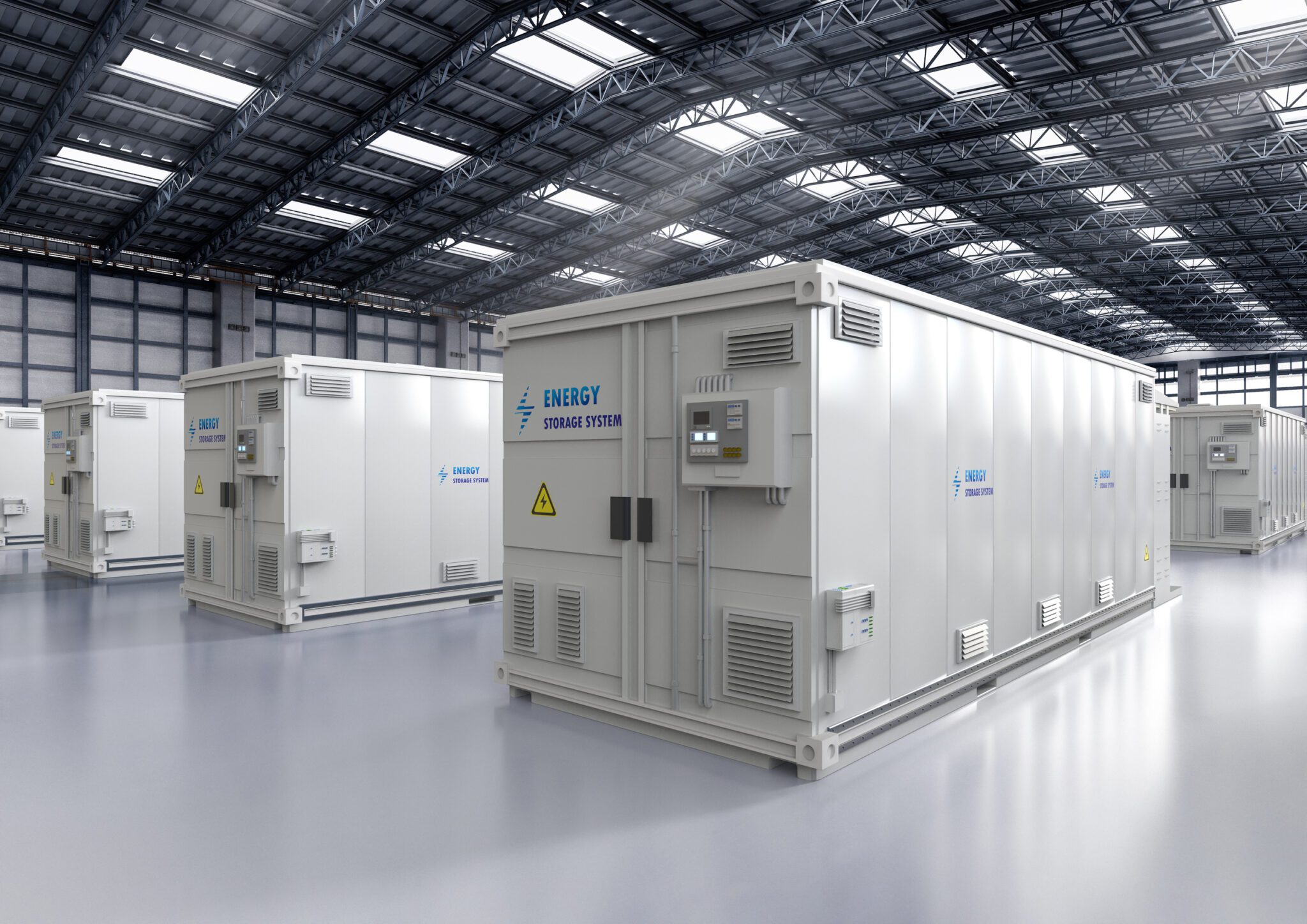
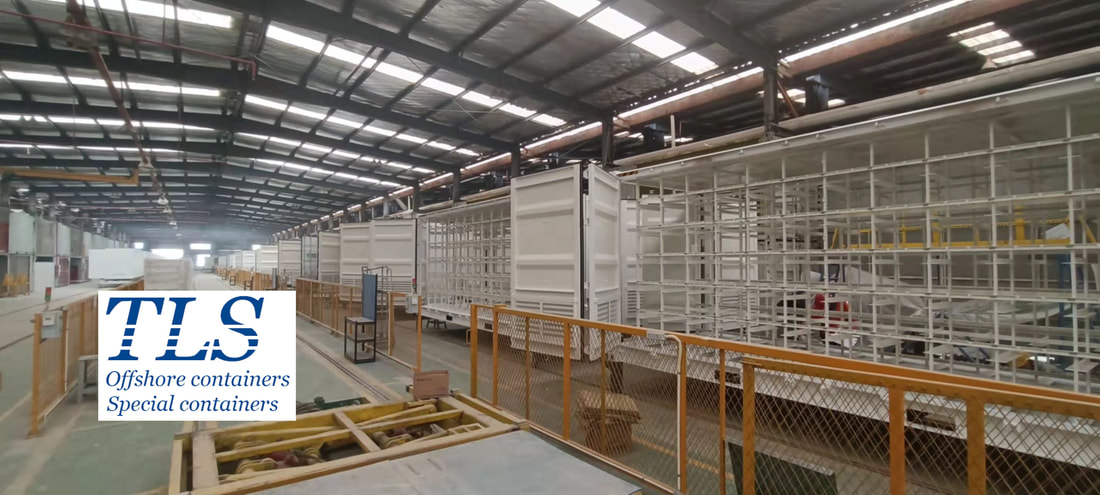
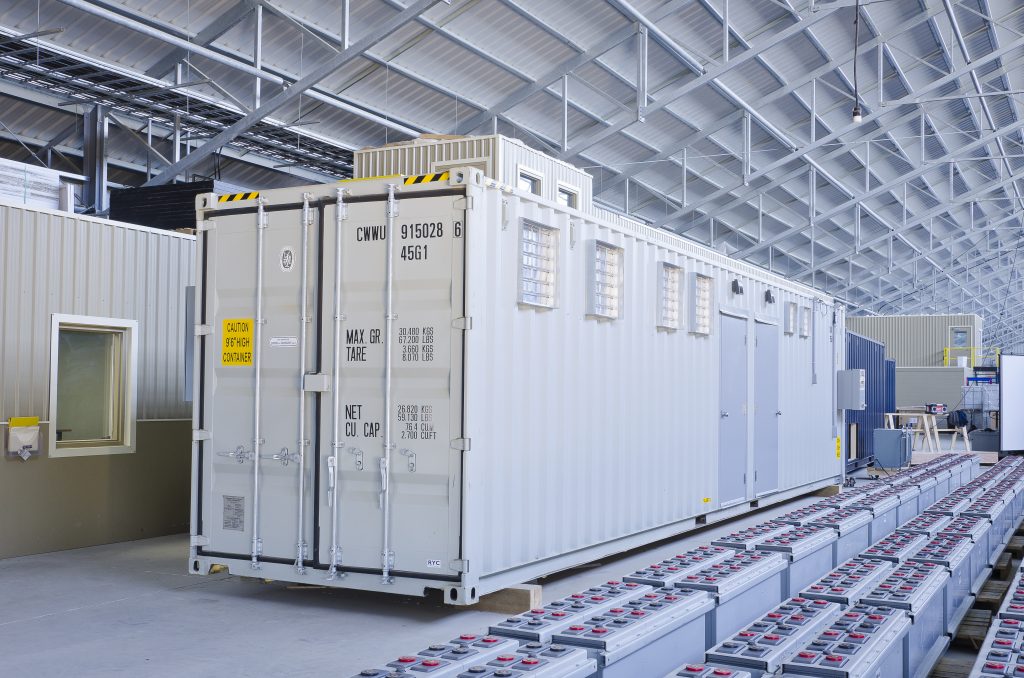
Precision manufacturing for electrolyzer components, hydrogen storage systems, and fuel cell infrastructure supporting the hydrogen economy.
High-precision electrode assemblies and membranes
High-pressure hydrogen storage tanks
Thermal management for electrolysis processes
Process monitoring and safety equipment


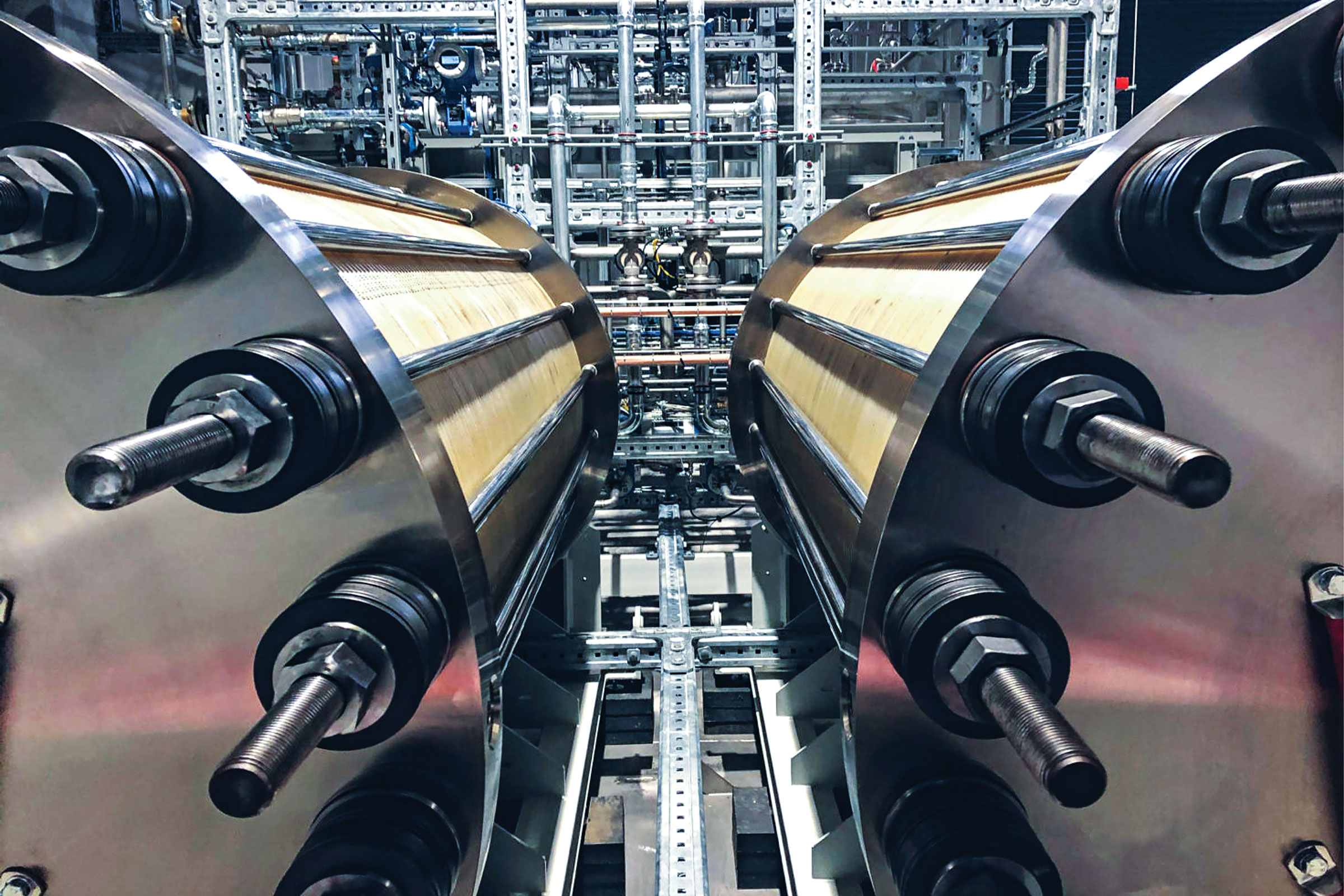

Manufacturing precision components for electric vehicle charging stations, from housing fabrication to power delivery systems and user interfaces.
Weather-resistant housings with cable management
Heat sinks and thermal management components
User interface and screen mounting systems
Emergency shut-off and protection devices



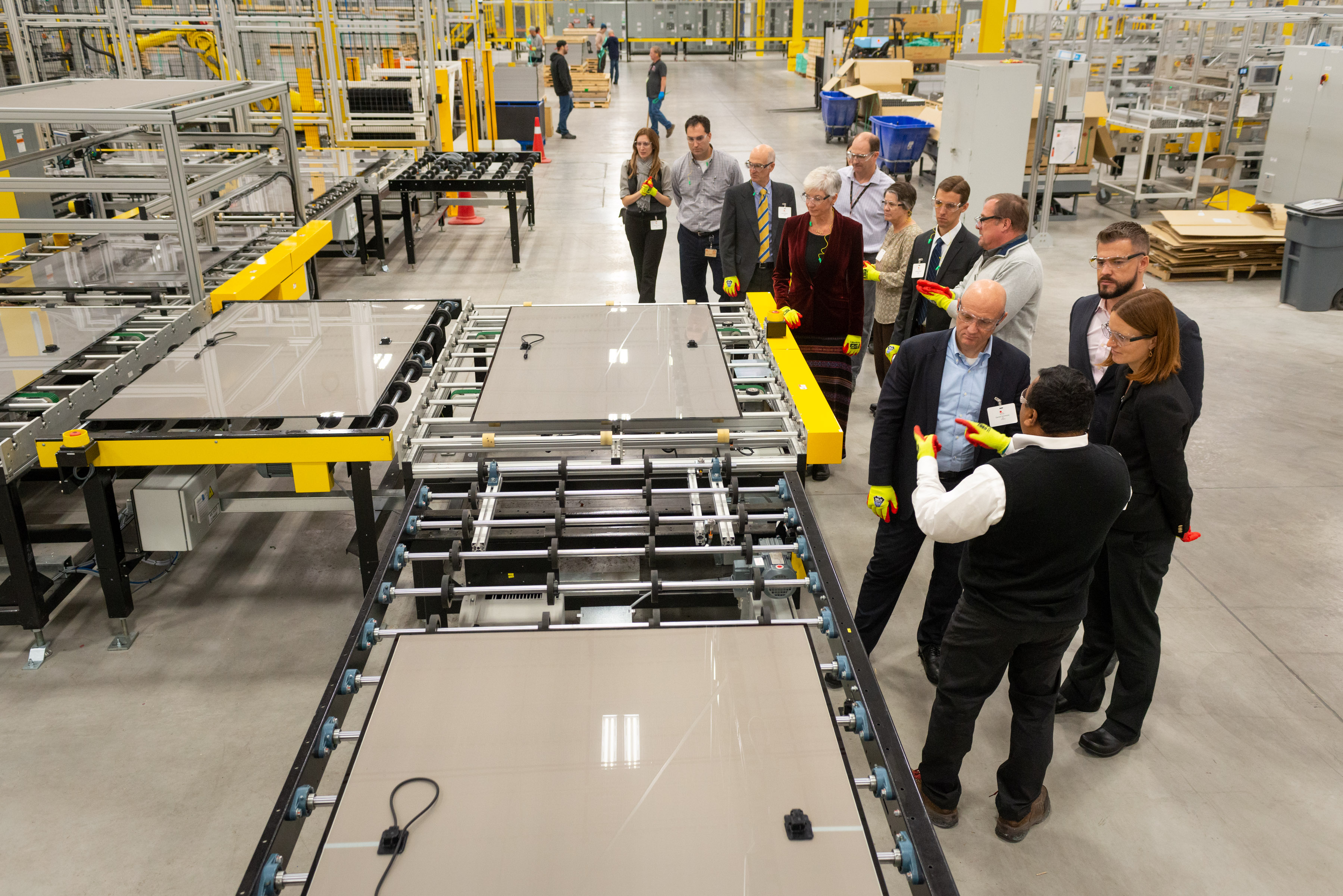
Our proven development process ensures your renewable energy components meet the highest standards
DFM optimization and manufacturability assessment
Fast iteration with 3D printing and CNC prototypes
Environmental testing and performance validation
Tooling design and manufacturing process optimization
Full-scale manufacturing with quality assurance
Specialized materials and finishes optimized for renewable energy environments
6061-T6, 5052-H32 for structural components and solar mounting systems
304/316L for corrosion resistance in marine and industrial environments
PEEK, POM, and glass-filled nylon for electrical insulation
Carbon fiber and fiberglass for lightweight structural applications
Type II and III anodizing for enhanced corrosion resistance
Weather-resistant finishes with UV stability for outdoor applications
Stainless steel passivation for maximum corrosion protection
Zinc, nickel, and specialized coatings for electrical components
Meeting the highest standards for renewable energy manufacturing
Quality management systems certification
Aerospace quality management standard
Restriction of hazardous substances
Safety certification for electrical components
Get answers to common questions about renewable energy manufacturing
We achieve tolerances as tight as ±0.001″ (±0.025mm) for critical components. Our CNC machining capabilities include dimensional tolerances of 0.01mm, geometric tolerances of 0.01mm, and surface roughness as low as Ra 0.2μm for precision applications in solar tracking systems and wind turbine components.
All our renewable energy components undergo rigorous environmental testing including salt spray testing to ASTM B117 standards, UV exposure testing, thermal cycling, and mechanical load testing to simulate wind and snow loading conditions. We use specialized materials and surface treatments designed for 25+ year service life in outdoor installations.
Our rapid prototyping services deliver initial prototypes in 3-5 business days for simple components and 1-2 weeks for complex assemblies. We offer expedited services for urgent projects and can provide same-day quotes with detailed DFM feedback to accelerate your development timeline.
Yes, we have extensive experience with utility-scale renewable energy projects. Our production capabilities include large-format CNC machining for components up to 3000mm in length, high-volume injection molding, and automated assembly lines. We can scale from prototype quantities to millions of parts annually while maintaining consistent quality.
We maintain ISO 9001:2015 quality management certification, AS9100D aerospace standard, and work with UL listed components. Our facilities are audited regularly, and we provide comprehensive documentation including material certifications, dimensional reports, and traceability records required for renewable energy applications.
Absolutely. Our engineering team specializes in Design for Manufacturing (DFM) optimization for renewable energy components. We provide recommendations for material selection, structural optimization, cost reduction, and manufacturability improvements while ensuring compliance with industry standards and environmental requirements.